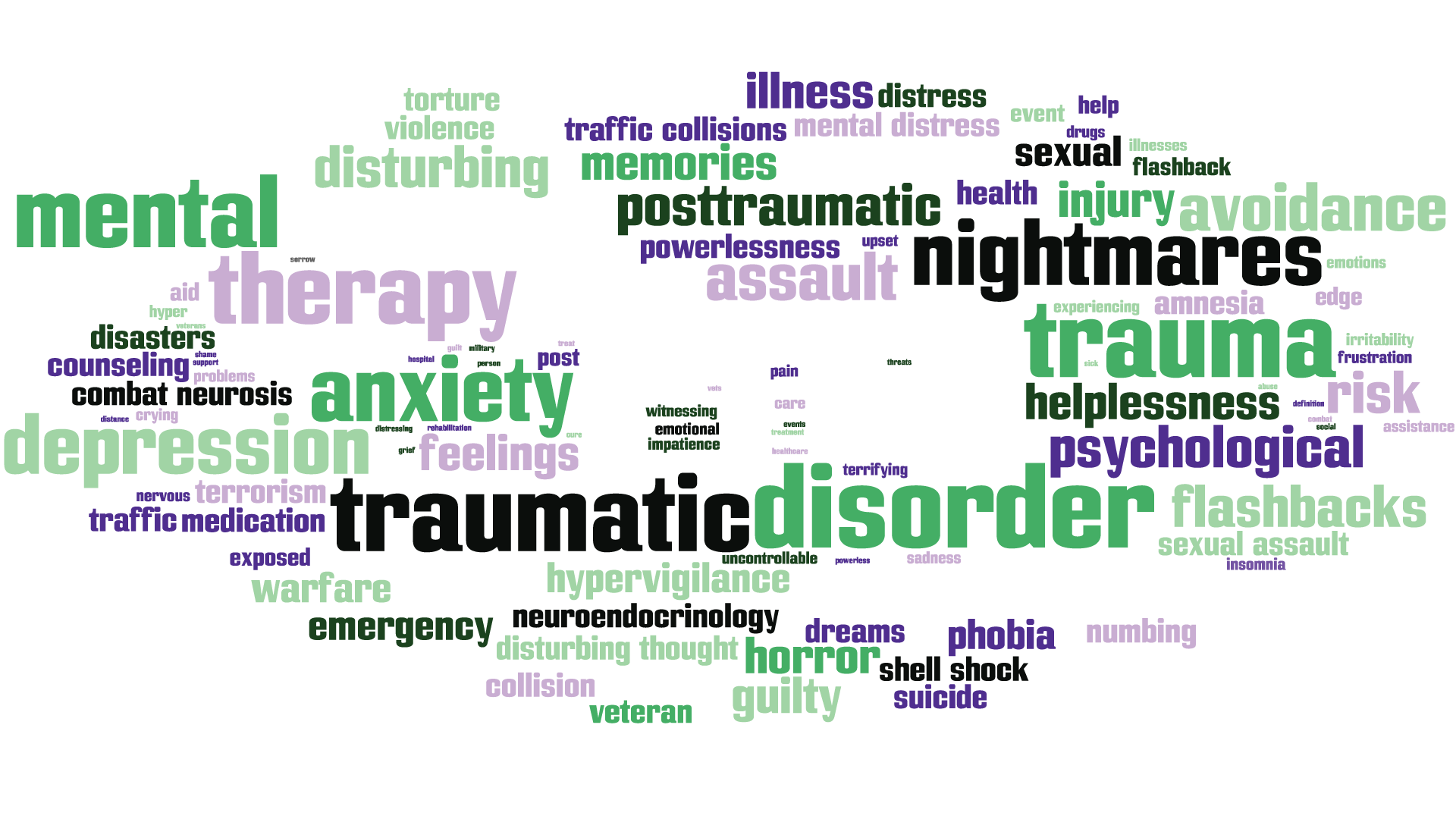EMDR and PE are specialized, evidenced-based therapies designed to help clients recover from traumatic events.
Both treatments typically consist of approximately 12 individual, highly-structured therapy sessions. The initial sessions focus on gathering necessary background information, education about EMDR/PE, and general treatment planning. Middle & later sessions are spent in actual desensitization or exposure (in-vivo or imaginal). Although 12 sessions are ideal, many clients experience significant relief in less time.
EMDR is helpful for both single-incident stressful life events (for example: an assault, life-threatening accident, witnessing death) or multiple events (for example: prolonged child abuse, repeated exposure to combat, first responders.)

If you are re-experiencing intrusive images/memories, having nightmares about a particular event, avoiding related situations, or are irritable or anxious due to a stressful life event, EMDR may serve as a helpful adjunctive treatment.
While EMDR is highly effective in treating clients with Post Traumatic Stress Disorder, it can also be helpful for anyone who feels “stuck” and cannot get beyond painful experiences, memories, or feelings from their past.
Prolonged Exposure (PE) is a good fit when there is a clear, distinctive traumatic event and a full diagnosis of PTSD. PE involves two types of exposure assignments: imaginal and in-vivo (real-life). Imaginal assignments might include revisiting the trauma memory in session repetitively and listening to a tape every night at home. In-vivo homework allows a client to experience actual gradual exposure to previously feared situations. Research studies show that 80% of participants who complete PE therapy have a significant reduction in their PTSD symptoms immediately after treatment and maintained at 20-year follow-ups.
Possible Contraindications for these methods: Seizure disorder, profound dissociative disorder or cognitive impairments, life-threatening substance abuse, serious suicidal ideation, or self-injury.
If you are considering seeking services for trauma recovery and would like to consult about whether EMDR or PE would be a helpful treatment option, please do not hesitate to give us a call.



